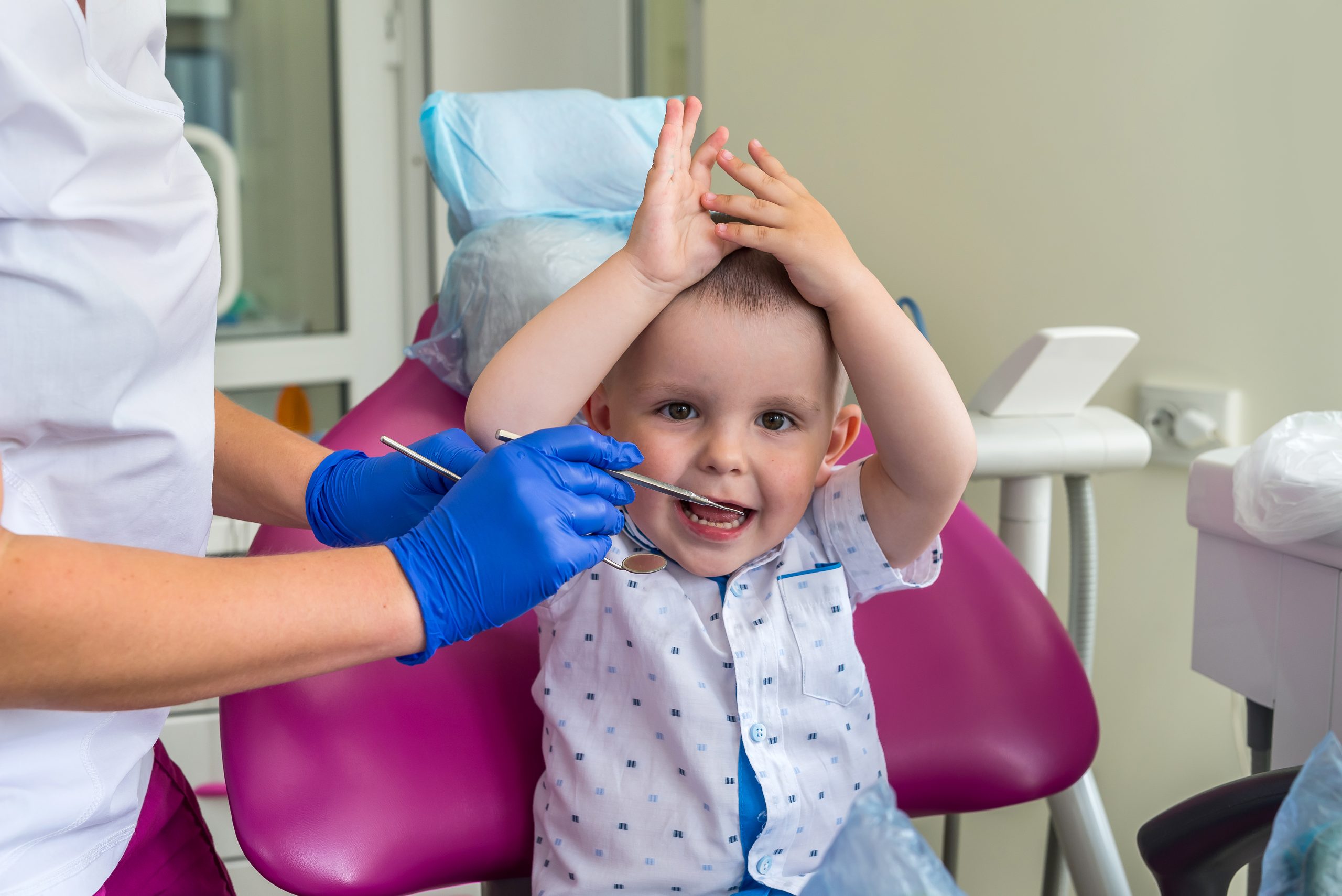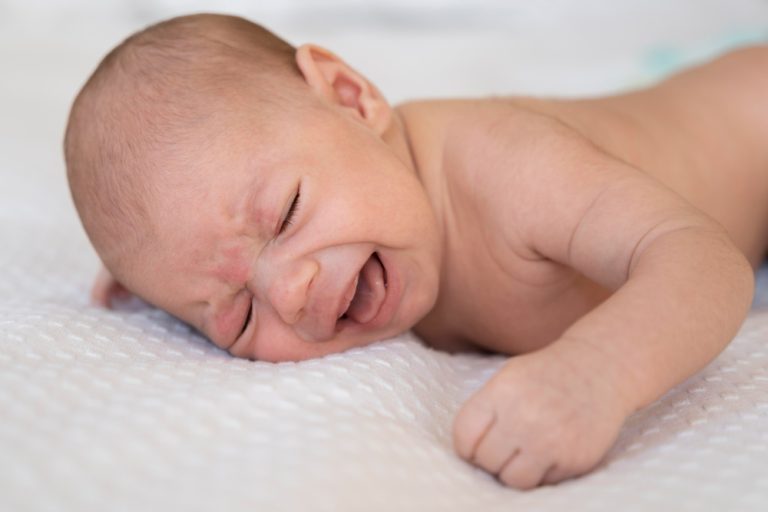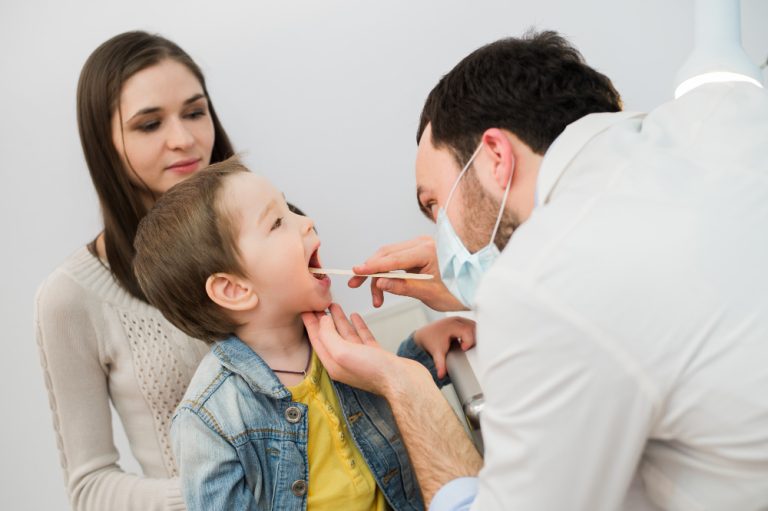When Do Babies Need To Go To The Dentist? Dental Ready 101
Becoming a new parent is an exhilarating journey filled with joy and discovery, but it also comes with a whirlwind of responsibilities. Among the countless duties you’re suddenly faced with, have you considered your baby’s dental health? When do babies need to go to the dentist, anyway?
It’s astonishing how many parents forget that even before those tiny teeth first breakthrough, proper oral care is essential. Is it possible that you could be laying the groundwork for your child’s future smile without even realizing it? What if neglecting dental care now could lead to bigger issues down the line?
As you navigate sleepless nights and diaper changes, don’t overlook the importance of your little one’s gums and emerging teeth.
This guide is here to address those pressing questions and equip you with the knowledge to ensure your baby’s oral health is well taken care of from the very start. Let’s dive into the often-overlooked world of infant dental care and discover when do babies need to go to the dentist!
The Significance of Pre-School Dental Visits
Before we understand when do babies really need to go to the dentist, we need to understand the importance of Oral Health in Babies. Oral care for babies is a must for many reasons. Among them are:
- The prevention of tooth decay
- Early tracing of potential oral health problems with them
- Creation of a healthy habit of maintaining Oral hygiene
- Getting to know dental visits through children
According to the American Academy of Pediatric Dentistry (AAPD), it is advised that children have their first dental visit on their first birthday or within six months of the first tooth in the mouth as it breaks out, depending on which happens first.
When Do Baby Teeth Usually Erupt?
Before getting into the details of the timing of the first dental appointment, it is helpful to know the typical period for baby teeth to come out:
- Central incisors (bottom front teeth): 6-10 months
- Central incisors (top front teeth): 8-12 months
- Lateral incisors (both sides of central incisors): 9-13 months
- First molars: 13-19 months
- Canines: 16-22 months
- Second molars: 23-33 months
Remember that this timeline can diverge from baby to baby. That is, while some infants might have their first tooth come out when they are as young as 3 months, others may still be without teeth after their first birthday.
When Do Babies Need To Go To The Dentist?

The answer to “When do babies need to go to the dentist?” can be varied. However, the main purpose of your infant’s first dental visit is essentially educational and preventive. Here are some events of that crucial day:
- Checking the health of the child’s mouth, teeth, and gums in detail
- Talking to the child about proper methods to clean the teeth and gums
- Explaining fluoride, the right use of it, and dietary suggestions
- Guiding your child on habits such as thumb-sucking or pacifier use
- Evaluate your child’s chance of getting caries
- Plan and schedule follow-up check-ups
“The first dental visit is the most important in giving the right foundation for lifelong dental health. It is the time you as a parent can be educated on causes and proper treatment and for the children to be taught about the benefits of going to a dental check-up,” said Dr. Jane Smith, a pediatric dentist with over 20 years of experience.
How to Make Your Baby Ready for the First Dental Visit
To make the baby’s visit to the dentist the best experience possible, think about these:
- Give the appointment at a time that the baby is usually awake, so it works well with them
- Give them a toy or blanket for comfort
- Model a calm and positive attitude; babies pick up your emotions
- Work on self-confidence by reading kids’ books on the topic of dental visits
Early Childhood Caries: A Growing Concern
The most common problem for kids is Early Childhood Caries (ECC); it’s also called baby bottle decay, and it’s a very serious problem among young children. The Centers for Disease Control and Prevention (CDC) revealed that nearly 1 in 5 kids at the age of 2-5 suffer from an untreated carious tooth.
Issues that make children susceptible to ECC include:
- Excessive drinking of sugary drinks and foods
- Putting a baby to bed with a bottle of anything other than water
- Insufficient or improper oral health care
- Lack of fluoride
Early dental visits can be the initial defense against the development of ECC among children. The parents can get the right information through the dental visits and the kid’s treatment can be more effective.
Developing Good Oral Hygiene Habits

It is possible to begin establishing good oral hygiene habits long before your baby’s first tooth appears:
- Immediately after feeding, clean the child’s gum with a damp cloth to keep them healthy
- When teeth start to come in, take a soft-bristle toothbrush and gently brush them every day with a small amount of toothpaste
- Don’t put your baby to sleep with the bottle in his/her mouth
- Try to stick to drinking water and eating healthily
- Let the baby learn how to drink from a cup before their first birthday
The Connection between Diet and Dental Health
The quality of your baby’s diet is a key factor that influences develop dental well-being. Choose some dietary prescriptions among the following:
- Breast milk should be the first option if possible, as it has been clinically shown to reduce early childhood caries
- Solely offer formula, milk, or breast milk in bottles for the baby
- Introduce several nutritional foods while weaning
- Limit processed snacks and drinks
Dr. Michael Johnson, a pediatric nutritionist, declares, “A balanced diet does not only better general health but also enhances dental development. Foods including calcium, phosphorus, and vitamin D are best for strong teeth and bones.”
Fluoride: Treasure or Trouble?
Fluoride, which is the mineral that reinforces tooth enamel, can help in the prevention of tooth decay. Nevertheless, there has been some controversy over the appropriateness of its administration to young children. Let’s check out the evidence:
According to the American Dental Association (ADA), toothpaste with fluoride should be used as soon as the child gets their first tooth out.
- Use a rice-grain-sized amount of toothpaste for kids below 3 years of age.
- 3-6 years old kids should use a pea-sized volume.
- See that the kid does not swallow toothpaste, and supervise the brushing of the teeth so that this case is avoided.
Your dentist will be able to guide you on the application of fluoride based on the person’s condition and the fluoridation level in your local water system.
Common Infant and Toddler Dental Issues
Regular dental check-ups prevent many issues, but parents need to be aware of the following common dental issues in babies and toddlers also:
- Teething pain
Provide relief by using clean, chilled teething rings or by massaging your baby’s gums
- Thumb-sucking or pacifier use
While these habits are normal in infants, they can cause the child’s teeth to misalign in the long run
- Tongue-tie
A defect that links the tongue to the floor of the mouth, thus feeding and speaking are affected, is called this
- Tooth decay
This can befall anyone, irrespective of their age if they do not keep oral hygiene
- Dental traumas
Eventually, as children become more and more mobile, they might suffer dental injuries as a result of falls
When to Get Immediate Dental Care
Regular dental cameos help to avoid the situation; however, the common issues that a baby or young child may have are as follows:
- The teeth might appear to have white or brown spots (signs of tooth decay)
- Dental injuries (chipping or knocking teeth out)
- Continual pain and swelling of the mouth
- Eating and drinking problems
- Changes in the color of a tooth
The Value of Regular Dental Visits
Now that you know when do babies need to go to the dentist, dental visits should be performed at intervals of six months, continuing once the primary one has been taken. They are essential because they accompany the following:
- Tracking the dental growth of the child
- Discovery and treatment of potential problems at the early stage
- Professional teeth cleaning
- Insistence on good oral hygiene
- Application of varnish and sealants as a preventive treatment when needed
How a Pediatric Dentist Should Be Selected
When you are considering a dentist for your child, think of the following:
- They are experienced and have training to deal with the patients of such a young age
- The place should be clean and have various items for children to use during the appointment
- The other parents should be proud of the reviews of a dentist
- Having a good relationship with the dentist is the main thing that you should consider.
- They should also be patient with you as a parent and be able to answer all your questions
- The location and hours of operation are most convenient for work and school.
- If your child is brought by someone else, he or she should have the option to come on weekends.
Committed Couple: When Do Babies Need To Go To The Dentist?

As a parent, your role is certainly imperative in the health of your child. You can interact this way:
- Show by your example and practice good oral care with your child
- Transform brushing and flossing into enjoyable family events
- Serve meals that are not high in sugar regularly
- Keep on going for regular check-ups with the dentist
- Deal with any dental issues the moment they show up
The Final Note: When Do Babies Need To Go To The Dentist?
The answer to the question of when do babies need to go to the dentist is straightforward: it is important to take your child to the dentist by their first birthday or as soon as their first molar erupts. This practice is one of the most important steps you can take to ensure your child’s dental well-being as they grow into adulthood.
This can be done most effectively by combining professional check-ups with correct home care and a well-balanced diet that will prevent dental issues and contribute to a child’s healthy smile for life.
Bear in mind that you cannot be too early to care for your baby’s dental health. By allowing a well-constructed routine and providing regular dental check-ups you are presenting your child to a lifelong healthy mouth that will never become painful.
We believe this guide has been effective in helping you understand why and when do babies need to go to the dentist. Keep in mind that dental care starts with education when the child is very young.
Therefore, it is an art of health that the guardian and the child explore together. If you have any more questions or would like to share your knowledge and experience with early dental visits, please feel free to leave a comment below.







